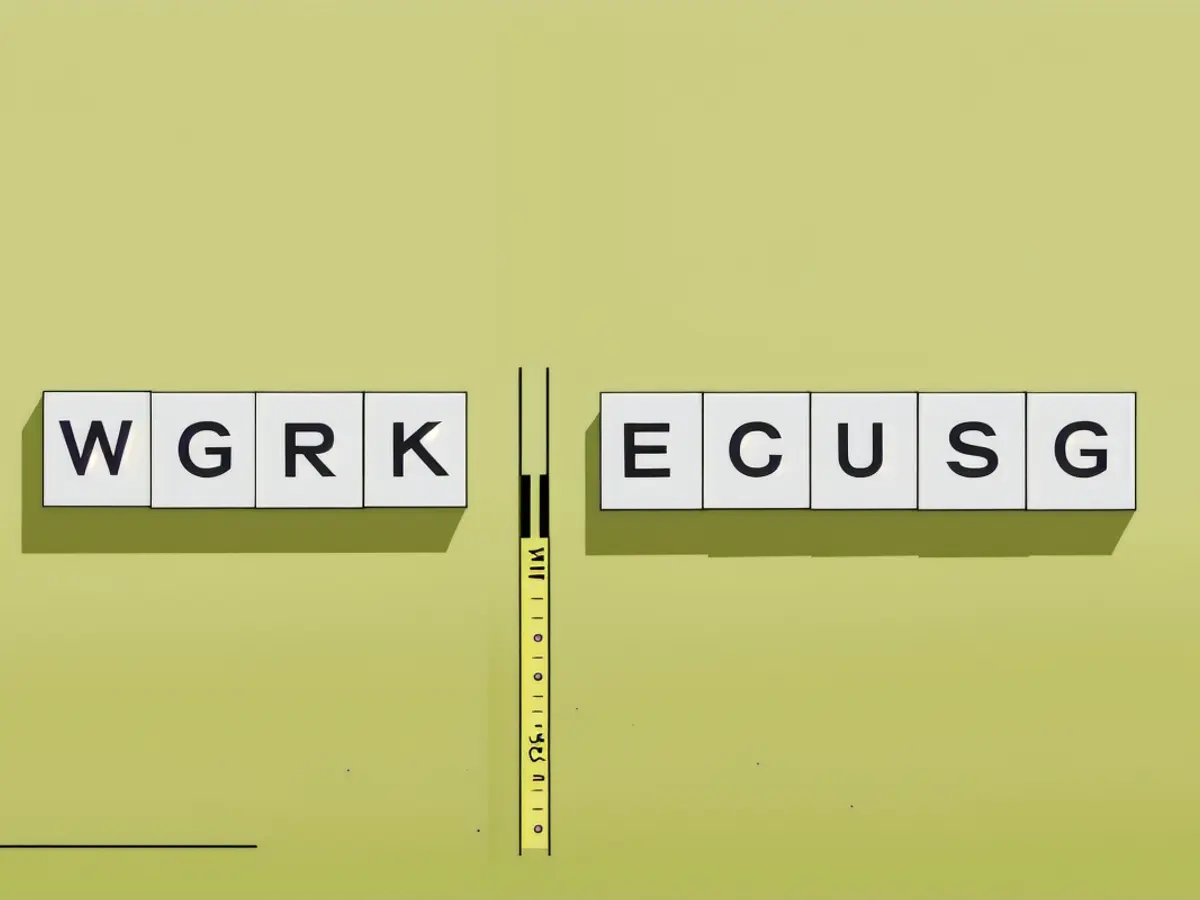Unveiling the U.S.-Ukraine Resource Swap: Fact or Fiction?
Discovering Ukraine's Abundant Natural Resource Reserves as U.S. Appears Close to Establishing Mineral Agreement
The United States is reportedly eyeing a $500 billion worth of natural resources deal with Ukraine, allegedly in exchange for military aid dispatched throughout the country's conflict with Russia. This controversial proposal includes potential access to Ukraine's large titanium, lithium, and graphite reserves.
KEY FACTS
As revealed by a Congressional Research Service report, by January 2023, the U.S. had provided over $174 billion in aid to Ukraine to fuel its war efforts. However, President Trump has consistently overstated this sum, bringing it up to $350 billion.
Ukraine's Ministry of Environmental Protection and Natural Resources boasts Europe's largest graphite and lithium reserves, accounting for 6% of the world's total output. Additionally, Ukraine's titanium reserves are said to be enormous, enough to cater to the United States and European Union's demands for 25 years. Moreover, Ukraine supposedly possesses Europe's largest uranium reserves and is capable of supplying the world with beryllium for 40 years.
U.S.-Ukraine Negotiations: A Rocky Road
Mounting tension between the U.S. and Ukraine surrounds the deal due to its reported closeness to sealing. U.S. Treasury Secretary Scott Bessent handed Ukrainian President Volodymyr Zelensky an outline of the agreement last week, which the president decided to review further and seek security guarantees. Initially, the agreement would have granted the U.S. half ownership of Ukraine's natural resources, including oil and gas.
In response to Zelensky's reasonable concerns, Trump falsely accused Ukraine as the one to incite the war with Russia, stating, "You should have never started it. You could have made a deal." Trump also labeled Zelensky a "dictator" before slamming him as someone who failed to deal with Biden effectively.
Secretary of State Marco Rubio urged Ukraine to proceed with signing the deal, assuring it would provide both parties with joint security guarantees. However, as negotiations unravel, reports are trickling out that the current draft of the agreement "is not the one President Zelensky would accept," as said by an anonymous source familiar with the negotiations.
FEATURED CRITICS
German Chancellor Olaf Scholz slammed Trump's pursuit of Ukraine's mineral riches, stating it was "very egotistic, very self-centered." Scholz believed Ukraine required its resources to finance its post-war rebuilding efforts, not to serve as bargaining chips against Trump's demands.
WHAT TO WATCH FOR
Eagerly awaited, is Trump's mention of the potential minerals deal at the Conservative Political Action Conference in Washington, D.C. slated for this coming Saturday. With scheduled appearances from Poland's and Argentina's leaders, it will be intriguing to see how the deal progresses.
Enrichment Data Integration
The U.S.-Ukraine mineral deal, while far from concrete, has gained critical attention. The deal, as currently proposed, involves granting the U.S. access to Ukraine's critical minerals, including rare earth elements. In exchange, Ukraine would contribute 50% of its revenues from these resources as payment for any past and future military aid received from the U.S.[1][2].
Recent negotiations require Ukraine to contribute to a U.S.-held fund until it reaches the monumental sum of $500 billion, a figure significantly surpassing Ukraine's current resource revenues[2][3]. Ukraine has advocated for explicit security guarantees in the agreement, acknowledging the ongoing conflict with Russia[2][3]. Any agreement hinges upon approval from Ukraine's parliament[3][4].
Chief criticisms include concerns about lack of security guarantees, economic viability, and sovereignty. Response from the U.S. has ranged from pressure and appeals for mutual security guarantees to the presentation of a counter-proposal.[1][4]
The deal's future remains uncertain due to a myriad of challenges and disagreements that must be reconciled before any formal agreement can be signed.
- According to recent reports, President Trump had allegedly overstated the amount of aid the USA had provided to Ukraine, bringing it up to $350 billion, while in reality, the figure was over $174 billion as reported by the Congressional Research Service.
- The negotiations between the U.S. and Ukraine over a potential $500 billion natural resources deal have been met with skepticism and tension, with Ukraine's President Volodymyr Zelensky seeking security guarantees before considering the agreement.
- Ukraine, being endowed with Europe's largest graphite and lithium reserves, and enormous titanium reserves, reportedly has enough resources to cater to the USA and EU's demands for 25 years in titanium and provide the world with beryllium for 40 years.
- Secretly recorded conversations between Zelensky and Trump revealed Trump's pressure on Ukraine to investigate Biden's son, hinting at a quid pro quo involving the release of military aid linked to the mineral deal.
- The proposed deal, which reportedly involves granting the USA 50% ownership of Ukraine's natural resources, including uranium, has drawn criticism from German Chancellor Olaf Scholz, who believes Ukraine's resources should be used to finance post-war rebuilding rather than serving as bargaining chips.







